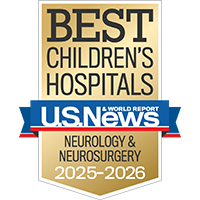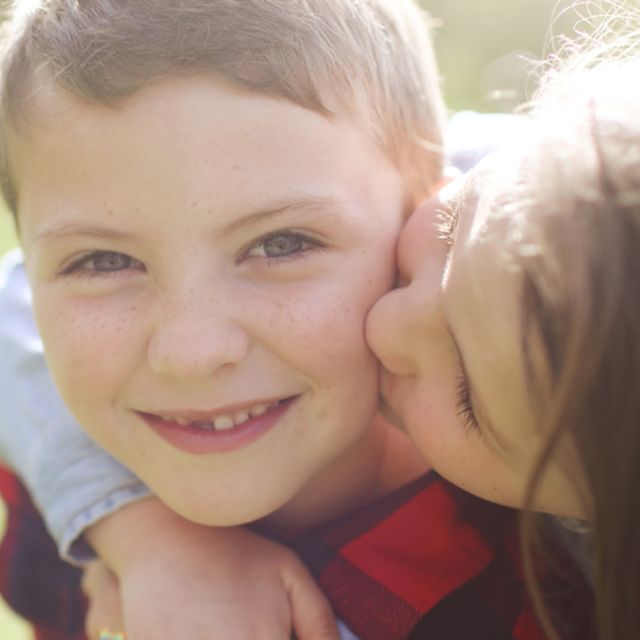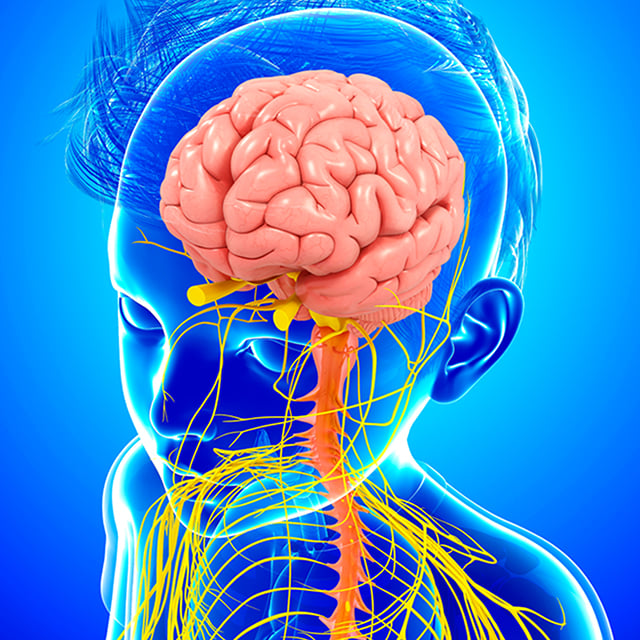Feeling at home
From bedside bingo to therapy dogs, we're here to help kids smile and feel more like themselves.
Visit Child Life services

A Chiari malformation is a condition in which a part of the brain, called the cerebellum, bulges through a natural opening at the base of the skull and into the spinal canal. Normally, the cerebellum sits above this opening.
About 1 in 1,000 people have a Chiari malformation. Most were born with the condition, although in rare cases it develops later in life due to an injury, disease or infection. Some patients have no symptoms, and the malformation is discovered accidentally when they have a medical imaging test for another concern.
Chiari malformations may interfere with the normal flow of cerebrospinal fluid (CSF) between the brain and spinal cord. This can cause a harmful buildup of CSF in the brain (a condition called hydrocephalus) or the spinal cord.
At UCSF Benioff Children's Hospitals, our pediatric neurosurgeons are experts in procedures to treat Chiari malformations and related conditions.

One of the nation's best for neurology & neurosurgery

Ranked among the nation's best in 11 specialties
There are different types of Chiari malformation:
Symptoms vary widely from child to child. Some children don't have symptoms or develop them later in life.
Symptoms of a Chiari malformation may include:
Your child will be evaluated thoroughly to look for signs of Chiari malformation and to rule out other conditions that might be causing their symptoms.
The evaluation will include questions about your child's medical history as well as your family's medical history. If your child's pediatrician has sent any records, we'll review this information. Be sure to tell the pediatric neurologist about any medications your child is using, including over-the-counter medicines, vitamins, nutritional supplements or herbal remedies.
Your child's evaluation probably will include an MRI scan. This noninvasive imaging test helps us determine the extent of the malformation. The doctor may also order a test called CSF flow imaging to evaluate how well the cerebrospinal fluid flows between the skull and spine.
If your child has certain issues, such as impaired coordination and sensory loss, other tests may be performed.
UCSF Benioff Children's Hospitals medical specialists have reviewed this information. It is for educational purposes only and is not intended to replace the advice of your child's doctor or other health care provider. We encourage you to discuss any questions or concerns you may have with your child's provider.
 9
9

Feeling at home
